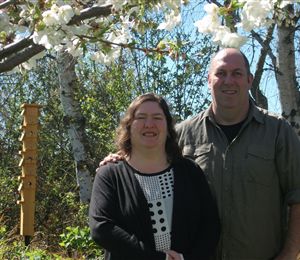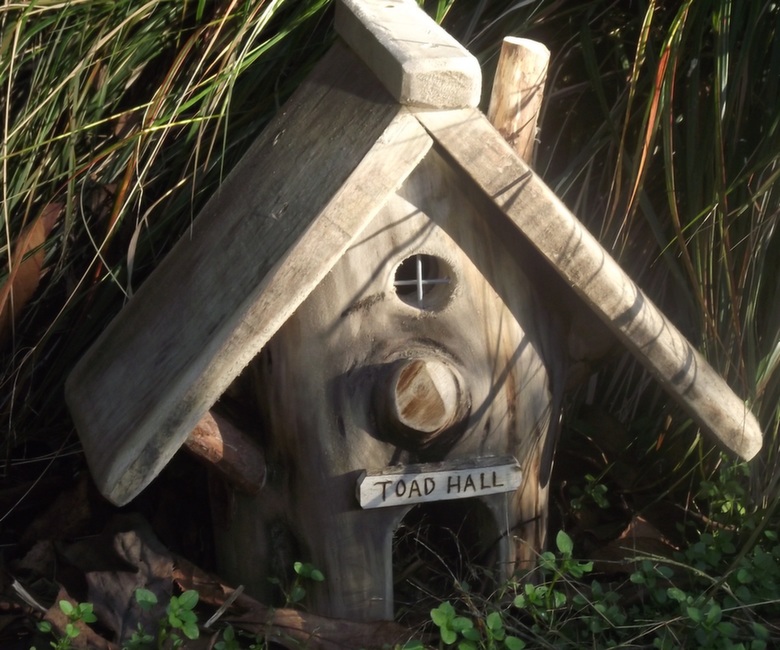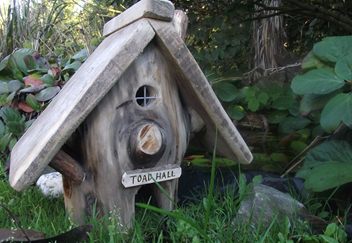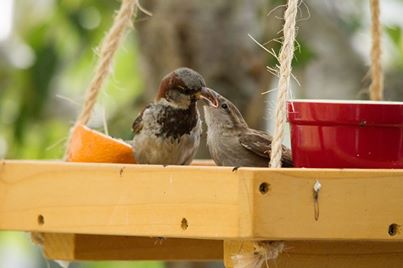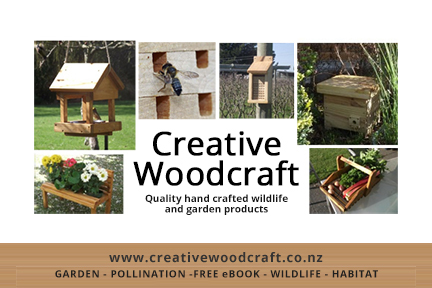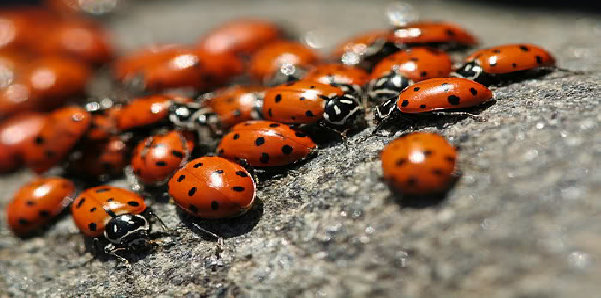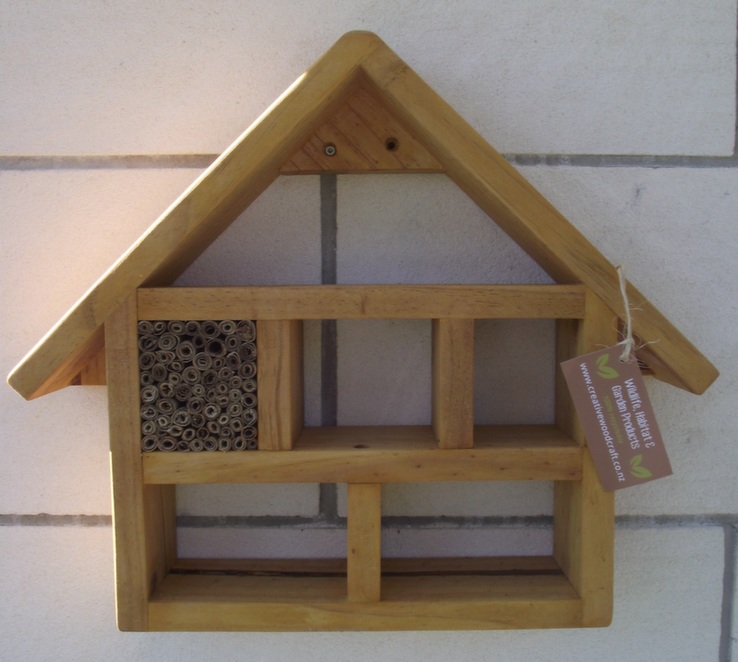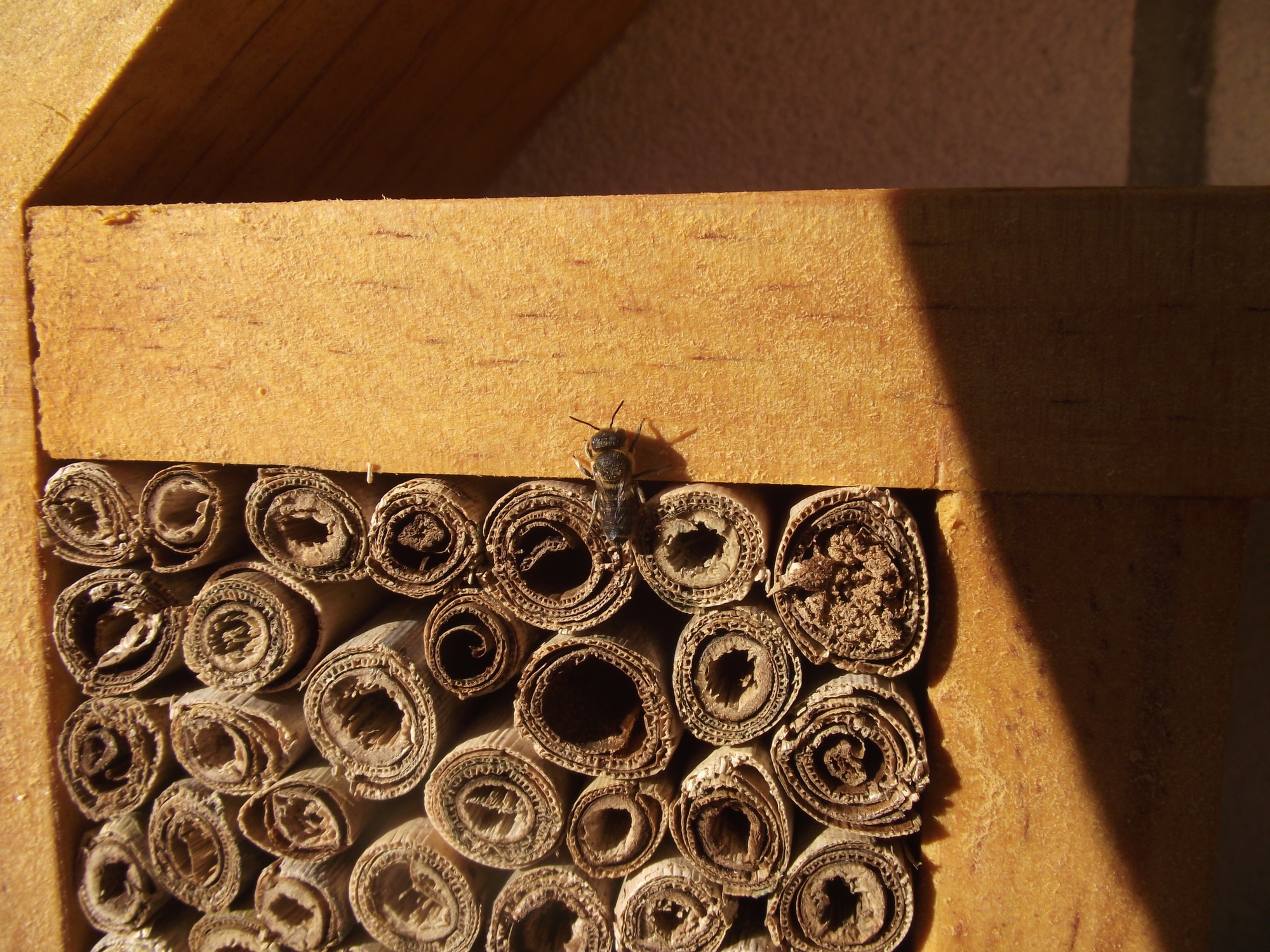Creative Woodcraft is passionate about the future of bees in New Zealand and has teamed up with a pollination expert to offer Kiwi gardeners a chance to help.
With a heightened focus on the future protection of honey bees throughout New Zealand. Creative Woodcraft spokesman Ian Morton said the company were excited to be able to offer a proven solution to help gardeners encourage native bees and help them to pollinate in their own backyard.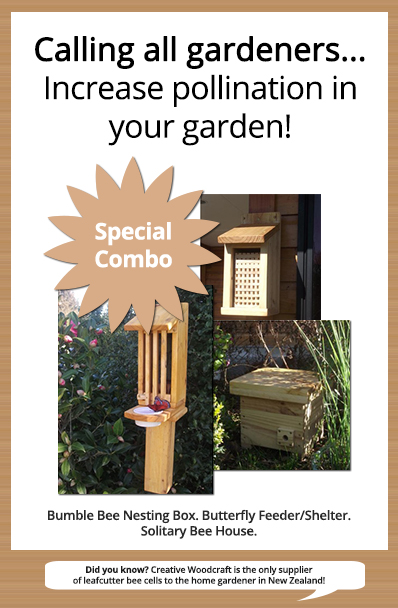
“These nest boxes and solitary beehives help your fruit trees and gardens flower and provide comfortable homes to the Leafcutter Bees, Bumble Bees and Native Solitary Bees,” Mr Morton said.
The company has teamed up with world leading pollination expert Dr Barry Donovan, of Donovan Scientific Insect Research in Lincoln, who has more than 50 years experience in the industry.
Dr Donovan has endorsed the homegrown products of Creative Woodcraft (based in Timaru), saying the native bees are extremely efficient pollinators and an excellent supplement to honey bees, which in turn help supply food to the community.
Together, Mr Morton and Dr Donovan have come up with an initiative to supply exclusive bee cells to keen gardeners willing to help grow the native bee population throughout the country.
“We have designed solitary bee hives and nesting boxes that will help to encourage our native bees to nest in these sites,” Mr Morton said.
“Dr Donovan has said he is confident with the introduction of the bee cells and a growth in population will occur and in turn positively benefit the number of pollinators out there.”
The solitary hives have been designed in a variety of hole diameters, suitable for hosting up to six species of bees and three further species of wasps.
Mr Morton added the bees were safe around both children and pets and simply served their purpose as key pollinators, while enjoying their comfortable nesting site.
New Zealand’s native insect pollinators of flowering plants such as native bees and hoverflies are not susceptible to varroa mite, they are solitary and do not produce commercial quantities of honey.
For more information, visit and register www.creativewoodcraft.co.nz to download a free and informative E-Book to learn further about the benefits of these nesting products. 